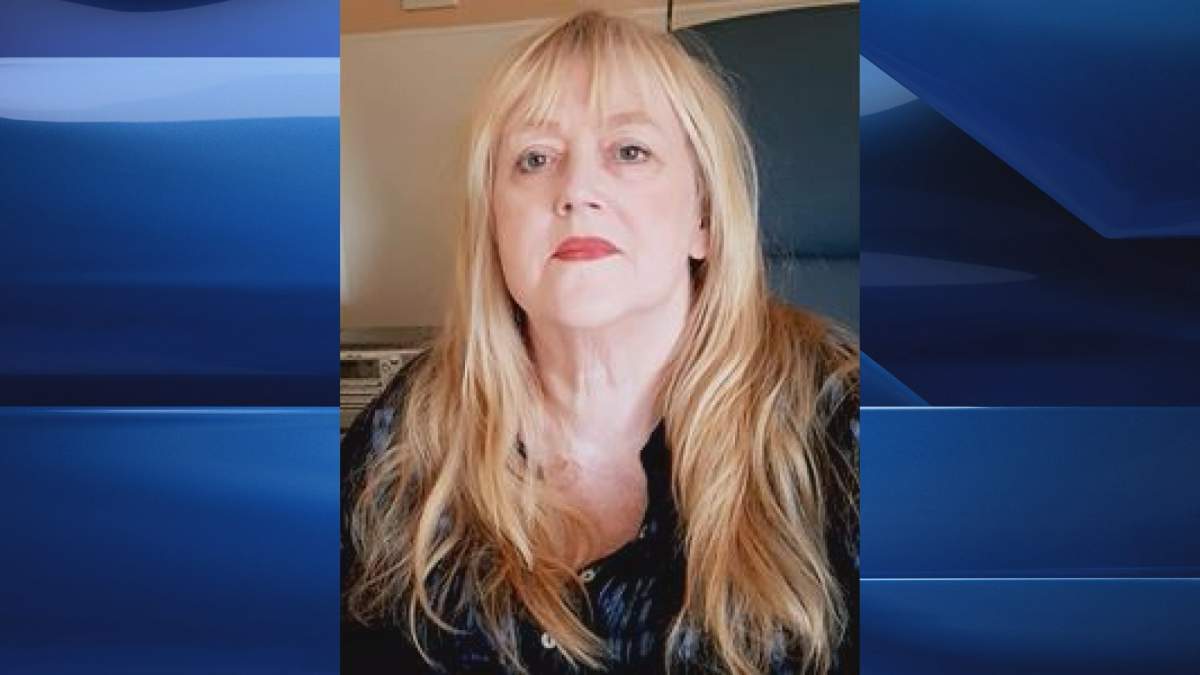A 64-year-old cancer patient is being lauded for using her obituary to make a final plea to stop so-called fat shaming by members of the medical profession.

Ellen Maud Bennett died on May 11 after being diagnosed with inoperable cancer and being given only days to live.
In her obituary this month, the Newfoundland-born Bennett said she had one final message about the way she was treated by the medical profession after years of feeling unwell and being told she should lose weight.
She said her dying wish was that “women of size” should advocate for their health and not simply accept “that fat is the only relevant health issue.”
“Over the past few years of feeling unwell she sought out medical intervention and no one offered any support or suggestions beyond weight loss,” her obituary read.
“Ellen’s dying wish was that women of size make her death matter by advocating strongly for their health and not accepting that fat is the only relevant health issue.”
READ MORE: How to talk to kids about weight — without fat-shaming them
Bennett was born in Burin, N.L., but spent much of her life in Victoria, B.C.
Michael Orsini, a professor at the University of Ottawa studying how stigma and societal attitudes about weight are embedded in policy, said he’s heard similar stories in his research.
“I was pleasantly surprised that the person was able to articulate that in the context of their obituary,” Orsini said.

Get weekly health news
“I think that’s pretty cool.”
Bennett’s obituary, published July 14, has been gaining wide support on Twitter.
“I was told I just had to lose weight for over a decade before I was finally diagnosed at 43 with a degenerative genetic condition (EDS). The medical community sucks for heavy women. Add in being a minority and it gets even worse,” one user wrote.
“It wasn’t until I started taking interest in my sister’s health as an adult and took her to my doctor that we found she had several ailments that had been untreated for years because doctors refused to treat her and kept telling her to lose weight first,” another user tweeted.
Orsini is studying how size discrimination and stigma seeps into different aspects of culture, and how federal and provincial policies reveal how society feels about weight.
For example, Orsini responded to a Senate report on obesity in Canada from 2016 that discussed target weights and other ways to “combat” the condition, without addressing the health consequences of fat shaming and stigma.
That stigma is even embedded in the way physicians talk about patients.
In his book “The Secret Language of Doctors,” emergency physician Dr. Brian Goldman analyzes the coded lingo doctors use to describe patients, revealing stigma directed at overweight or clinically obese patients. Goldman witnessed doctors writing terms on patients’ charts like “three clinic units” to describe patients over 600 pounds, or “Chicago three plus” to describe someone over 300 pounds.
These everyday attitudes have an impact beyond discomfort and embarrassment – some people may avoid going to the doctor altogether because of the anxiety over being shamed for their weight, which could mean potentially missing out on a life-saving diagnosis, advocates say.
“There is evidence to suggest that people avoid the healthcare system for all kinds of reasons, one of them being the stigma and shame they encounter, and in some cases that could be really harmful to their health,” said Orsini.
“People sort of experience that emotionally and that’s important for sure, but it has these kinds of consequences for people.”
WATCH: The hidden side effects of weight loss

Recently, Canadian activists have made efforts to do the work Bennett described in her final wishes.
In 2016, a Manitoba private members’ bill was introduced seeking to expand human rights protection to people who are overweight or have dwarfism, citing bias in healthcare treatment as a key reason. The bill was voted down.
Orsini said there is ongoing work being done by activists and the body-positivity movement – such as challenging the idea that weight loss as the only solution to health problems – keeping the issues Bennett raised in the public eye.
“I think what’s good to know is there are already folks who are doing the kind of work that, I think, this person was hoping had been there for her.”







Comments